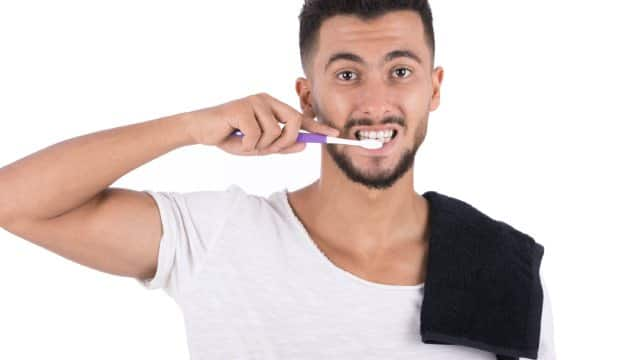Whether you already have white teeth or you've just completed a whitening treatment, keep in mind that you've still got some work to do when it comes to preserving that beautiful, sparkling smile. In the same way that you might avoid driving through mud puddles after washing a car, you also need to be thoughtful about how you treat your teeth if you want them to remain white. To help your teeth stay brighter for a longer period, follow these helpful tips.
Minimize Staining Liquids
If you reach for a mug of coffee every morning and a cold glass of cola each afternoon, you may notice that your teeth have lost their bright appearance. Coffee, tea, cola and red wine are some of the common liquids that stain teeth. If you're serious about keeping your teeth white, try to cut back on these beverages. If you just can't live without these drinks, try sipping them through a straw, particularly in the first few days after a whitening treatment.
Eliminate Tobacco
The American Dental Association notes that use not only stains your teeth but it can also cause tongue discoloration. Of course, there are many other negative oral risks associated with tobacco use, including gum disease, oral cancer, dulled tasting abilities and slower healing after certain dental procedures, so quitting can lead to drastic improvements for the appearance of your teeth as well as for your overall dental health.
Reach for a Whitening Toothpaste
The third step to maintaining white teeth involves brushing on a regular basis with a toothpaste that whitens teeth more than 3 shades. Whitening toothpastes work by gently polishing your teeth and removing any surface stains that may have accumulated throughout the day. It's a simple step but it can provide your teeth with a twice-daily whitening refresher, which can give you many more reasons to smile.





